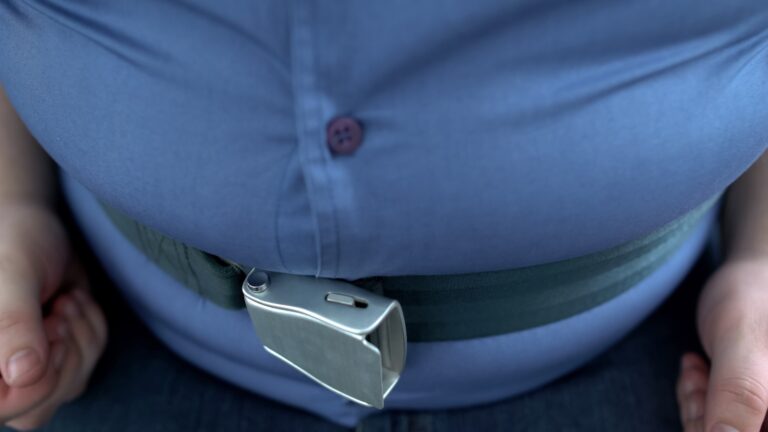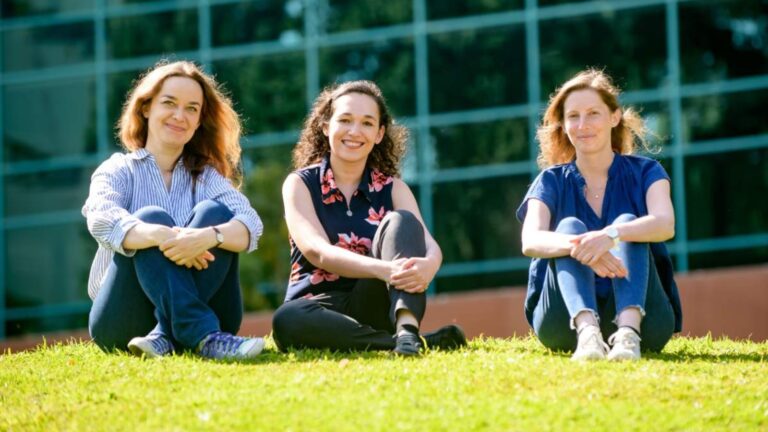Israeli breakfasts usually include eggs, salad, cheeses, bread and a drink. While many visitors here are astounded by the enormous morning meal, a Tel Aviv University researcher says the more you eat for breakfast, the healthier you’ll be.
Prof. Daniela Jakubowicz of TAU’s Sackler Faculty of Medicine and the Diabetes Unit at Wolfson Medical Center says it’s not just about what you eat but when you eat it. In a recent study, she discovered that those who eat their largest daily meal at breakfast are far more likely to lose weight and waist line circumference than those who eat a large dinner.
Study participants who ate a larger breakfast — which included a dessert item such as a piece of chocolate cake or a cookie — also had significantly lower levels of insulin, glucose, and triglycerides throughout the day, translating into a lower risk of cardiovascular disease, diabetes, hypertension, and high cholesterol.
The study showed that eating the right foods at the wrong times can not only slow down weight loss, it can also be harmful. In their study, the researchers found that those who ate a big dinner actually increased their levels of triglycerides — a type of fat found in the body — despite their weight loss, reports Prof. Jakubowicz.
Prof. Jakubowicz also warned about late night snacking and mindless eating in front of the computer or television. She says these habits are a huge contributor to the obesity epidemic. It increases not only poundage, but the risk of cardiovascular disease — making that midnight sugar rush more costly than it appears, she says.
The results were recently published in the journal Obesity.
The study was done in collaboration with Dr. Julio Wainstein of TAU and the Wolfson Medical Center and Dr. Maayan Barnea and Prof. Oren Froy at the Hebrew University of Jerusalem.
Fighting for Israel's truth
We cover what makes life in Israel so special — it's people. A non-profit organization, ISRAEL21c's team of journalists are committed to telling stories that humanize Israelis and show their positive impact on our world. You can bring these stories to life by making a donation of $6/month.








